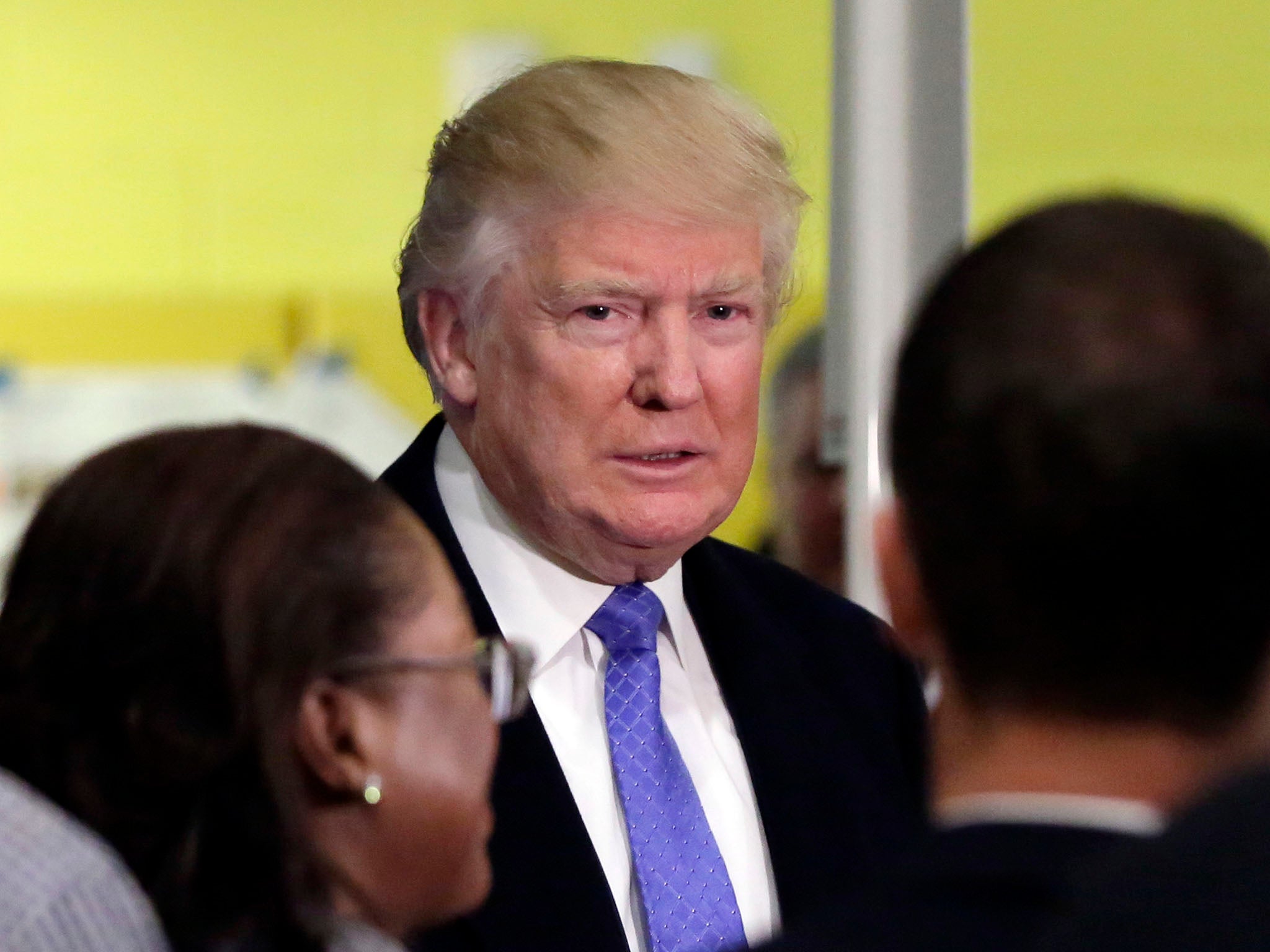The opinion polls got it wrong yet again – they cannot predict modern democracy at work
The moment the real votes started to come in, our untested assumptions were suddenly exposed. Hispanics won’t vote for Trump. Well, no, it turns out that Hispanics won’t tell pollsters they’ll vote for Trump


Once again we learn how bad we are at dealing with probability. The opinion polls in America were not wrong, exactly, as most of them suggested that the race was close. But then you always, always have to apply judgement to them because they are usually a bit wrong. We ought to be grateful for this, I suppose, but human behaviour is never predictable in a mechanical way.
I was cautious about applying the lessons of our Brexit referendum to a US presidential election. Different kinds of vote in different political systems. And yet we can now see that the rage against the establishment, and a determination to vote against immigration, is a deep feature of politics across the developed world.
That sounds as if it is a statement of the obvious, but the other point about it is that opinion polls don’t pick it up well. It does look as if millions of people who do not normally vote have turned out to vote for Donald Trump, just as they turned out to vote to leave the EU here. It may be, too, that an overwhelming elite consensus about what is the “sensible” way to vote makes people reluctant to tell pollsters that they intend to vote in the non-approved way.
So when Nate Silver, the guru of detailed data-crunching, whose careful analysis of opinion polls state by state, was so accurate last time round, said yesterday that the chances of Trump winning were 29 per cent, I admit my brain found it hard to process the information. That was a high probability, but because it was less than 50 per cent in a binary prediction, and because numbers are facts and judgements are opinions, we stick to the numbers. Even though there were some indications that turnout was higher than expected in working-class districts.
Silver’s chance of Trump winning was designed to include the chance that the opinion polls might have a consistent bias, as we now see that there was. This was based on past experience of opinion-poll error, which meant that the binary prediction could be easily flipped. The spurious accuracy of the probability – 28.6 per cent – made it harder to see this.
The moment the real votes started to come in, our untested assumptions were suddenly exposed. Hispanics won’t vote for Trump. Well, no, it turns out that Hispanics won’t tell pollsters – not even those automated telephone polls that they use in the States – that they will vote for Trump. Many of them just go out and quietly vote for Trump in larger numbers than they voted for Mitt Romney last time. Once again liberal commentators (that includes me) forget that immigrants can often be among those wanting the greatest restrictions on further immigration.
There will be the usual reaction: opinion polls are useless, they’ve got it wrong again. But remember the immortal words of Benjamin Zander, the conductor, who taught his musicians, when they made a mistake, to say, “How interesting!”
There is no alternative to opinion polls. Like democracy, they are the worst system apart from all the others. There is no other way to try to predict elections than to ask a sample of people how they intend to vote and to use maths to try to project their answers to the whole voting population.
It is not the fault of media organisations that they report polls. Human beings want to know what is going to happen next: they demand information. As we learned overnight, that information will usually be wrong until the actual votes are counted. Sometimes it will be a bit wrong, sometimes a long way out (like some of last night’s exit polls, which have a terrible reputation in American politics).
There will always be opinion polls. But we always have to try to interpret them better, to apply political judgement and to deal with uncertainty. Next problem: what does a Trump presidency mean?
Join our commenting forum
Join thought-provoking conversations, follow other Independent readers and see their replies
Comments
Bookmark popover
Removed from bookmarks